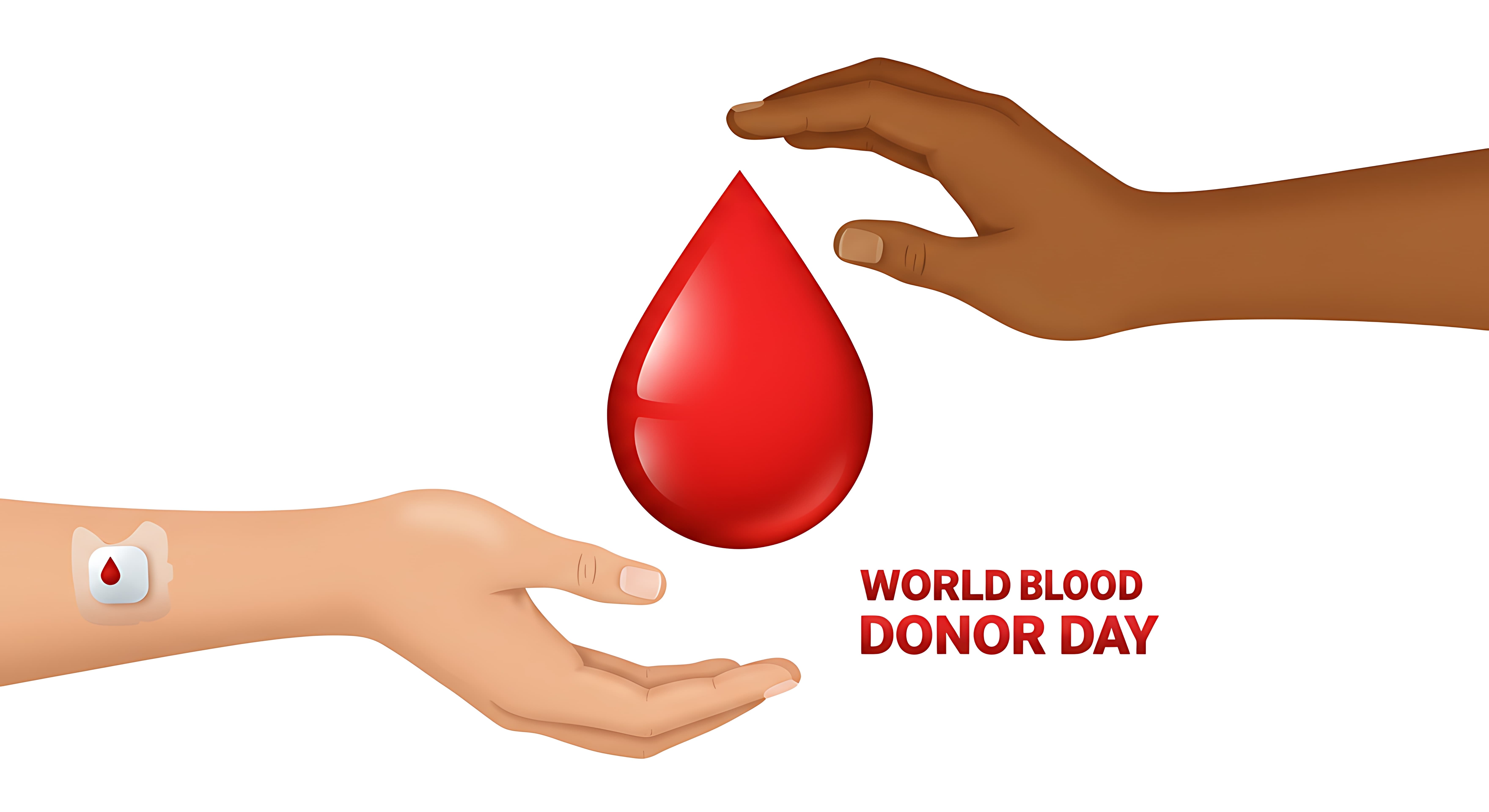Cold Water vs Warm Water: Which Is Better for Your Health
Cold vs warm water: science-backed warm water benefits and hydration tips for daily life, exercise, and illness. Learn when each temperature works best.

Written by Dr. Mohammed Kamran
Reviewed by Dr. D Bhanu Prakash MBBS, AFIH, Advanced certificate in critical care medicine, Fellowship in critical care medicine
Last updated on 13th Jan, 2026

Introduction
Staying well hydrated is one of the simplest ways to support your health, yet many people wonder whether cold or warm water is best. The short answer: both can hydrate you effectively. The better choice often depends on your situation and what helps you drink enough. In this guide, we’ll sort myths from facts, highlight warm water benefits where evidence or practical experience supports them, and share easy hydration tips you can use every day.
Why This Topic Matters
• Most people don’t drink enough fluids, especially in hot weather, during exercise, or when ill.
• Dehydration can affect energy, mood, digestion, and physical performance.
• Temperature can influence how much you drink and how your body feels, so choosing the right one can make hydration easier.
Quick Take: Is Cold or Warm Water Better?
See if cold water or warm water is better:
• Hydration first: For most healthy adults, the best water is the one you’ll drink enough of, safely. Temperature is secondary.
• Context matters:
o Hot weather and exercise: Cool or cold water often feels more refreshing and can help lower your body temperature during activity.
o Sore throat or discomfort: Warm fluids can feel soothing and may help some people drink more.
o Sensitive teeth or migraines: Very cold water can be uncomfortable for some.
• Safety note: Avoid scalding-hot drinks. Regularly drinking very hot beverages (above about 65°C/149°F) has been linked to a higher risk of oesophagal injury and cancer; let hot drinks cool to a safe, warm temperature.
Hydration Basics Backed by Science
How much water do you need? Know here:
• There isn’t a single number for everyone. Your needs vary with age, sex, body size, activity level, climate, and health.
• A common general guide from medical sources suggests roughly 15.5 cups (3.7 liters) of fluids a day for most men and 11.5 cups (2.7 liters) for most women—from water, other beverages, and water-rich foods. You may need more with heat, exercise, fever, vomiting, or diarrhoea.
• Listen to your body: Drink when thirsty, and aim for pale yellow urine as a simple check of hydration.
What Water Does for You
• Supports brain function and mood
• Keeps blood volume stable and helps regulate body temperature
• Aids digestion and kidney function
• Lubricates joints and tissues
Cold Water: Potential Advantages and When to Choose It
Here are the benefits of cold water:
Why Cold Water Can Be Helpful
• During exercise and in heat: Cool or cold fluids can help you feel more comfortable, replace sweat losses, and assist your body’s cooling process. Many people also find colder drinks more palatable during workouts, which encourages adequate intake.
• Appetite and refreshment: When you feel hot or sweaty, cold water often tastes better, helping you drink more.
• Minor calorie burn: Drinking cold water causes a small, temporary increase in energy expenditure as your body warms it. This effect is modest and not a weight-loss strategy on its own.
Possible Downsides of Cold Water
• Sensitivity: Cold water can trigger “brain freeze” headaches or tooth sensitivity in some people.
• Throat or chest discomfort: A few individuals experience oesophagal spasm or discomfort with very cold drinks.
• Myths to skip: There’s no strong evidence that cold water “thickens mucus” or causes colds. If cold feels irritating when you’re sick, choose warm instead for comfort.
Warm Water Benefits: What the Evidence and Experience Say
Here are the benefits of warm water:
Where Warm Water Shines
• Comfort and soothing: Warm drinks can feel soothing for sore throat or when you have a cold. Many people find they sip more consistently when drinks are warm, which supports hydration.
• Gentle on digestion: While research is limited, some people with reflux, indigestion, or after a heavy meal find warm liquids more comfortable than icy ones. The key is what helps you drink enough without discomfort.
• Relaxation routine: A warm cup of water, tea, or broth can be part of a calming bedtime routine, helping you meet daily fluid needs.
Warm Water Considerations
• Avoid scalding: Keep beverages below very hot temperatures. Let them cool to warm before sipping to reduce burn risk and protect your oesophagus.
• Cooling needs: In hot environments or during workouts, warm water won’t cool you as effectively and may feel less refreshing.
Hydration Tips You Can Trust
Here are some simple, everyday hydration tips:
• Drink to thirst, and keep water nearby at home, work, and during travel.
• Make it appealing: Add slices of citrus, berries, mint, or cucumber to plain water.
• Use a reusable bottle: Choose one you like; fill it in the morning and set refill goals.
• Check urine colour: Aim for pale yellow. Darker yellow usually means you need more fluids.
• Eat your water: Fruits and vegetables like watermelon, oranges, cucumbers, and leafy greens add meaningful fluid.
• Time it around activity: Drink before, during, and after exercise. Cool water often works best for comfort.
• Choose wisely: Water is best for most needs. Limit sugary drinks and excessive caffeine or alcohol, which can make hydration harder.
• Consider electrolytes: If you sweat heavily for an hour or more, a low-sugar electrolyte drink can help replace sodium and other minerals.
• Be heat smart: In hot weather, schedule activity during cooler hours, take breaks, and sip cool fluids regularly.
Special Situations: How Temperature Choices Can Help
Here’s how temperature choices can help while doing exercises and during illness:
Exercise and Sports
• Best pick: Cool water or an electrolyte beverage (for longer, sweat-heavy sessions) supports hydration and body temperature regulation.
• Practical tip: Chill your bottle or use ice packs in a cooler for outdoor workouts.
Illness (Fever, Vomiting, Diarrhoea)
• Goal: Small, frequent sips to prevent dehydration.
• Options: Room-temperature or warm liquids may be easier on an upset stomach. For significant losses, oral rehydration solutions (with the right balance of salts and glucose) are recommended.
Cold Sensitivity or Raynaud’s
• Warm fluids may help you feel more comfortable and can be easier to drink consistently in cold weather.
Dental Sensitivity or Migraine-Prone Individuals
• Room-temperature or warm fluids may prevent discomfort triggered by very cold drinks.
Older Adults and Children
• Thirst cues can be less reliable. Offer fluids regularly in a temperature they prefer—cool, room temp, or warm—to encourage steady intake.
Weight and Digestion Questions: Setting Realistic Expectations
• Cold water and calories: The tiny increase in calorie burn from cold water is not a meaningful weight-loss tool.
• Warm water and “detox”: Your kidneys and liver detoxify your body, not water temperature. Staying well hydrated supports these organs; the temperature that helps you drink enough is the best one for you.
• Lemon water: Adding lemon can make water more appealing and adds a bit of vitamin C. It’s fine at any temperature; just rinse your mouth or use a straw to protect tooth enamel.
How to Choose by Scenario?
Here’s how to choose cold water or warm water by scenario:
• Everyday hydration at home or work: Room temperature or whatever you’ll drink most consistently.
• Hot day or exercise: Cool or cold water for comfort and cooling.
• Sore throat or feeling chilled: Warm water, tea, or broth for soothing hydration.
• Sensitive teeth, prone to “brain freeze,” or reflux discomfort with cold: Room temperature or warm water.
Warm Water Benefits vs Cold Water Benefits: The Bottom Line
Here are the benefits of warm and cold water:
• Both hydrate you well. The “best” choice depends on your comfort, your setting (rest vs exercise), and your health needs.
• Make temperature work for you: Use cold for cooling and refreshment; use warm for soothing and steady sipping.
• Safety first: Avoid very hot temperatures that can burn, and choose clean, safe drinking water.
Consult Top Specialists
Consult Top Specialists

Dr. Vivek D
General Physician
4 Years • MBBS
Bengaluru
PRESTIGE SHANTHINIKETAN - SOCIETY CLINIC, Bengaluru

Dr Syed Mateen Pasha
General Physician
2 Years • MBBS
Bengaluru
PRESTIGE SHANTHINIKETAN - SOCIETY CLINIC, Bengaluru

Dr. Syed Ismail Ali
General Practitioner
7 Years • MBBS
Hyderabad
Apollo 24|7 Clinic, Hyderabad

Dr. Harshendra Jaiswal
General Physician/ Internal Medicine Specialist
12 Years • MBBS , MD (General medicine)
Kolkata
108 DHANA DHANVANTARI Clinic, Kolkata
(25+ Patients)
Dr. Thandra Ramoji Babu
General Physician/ Internal Medicine Specialist
5 Years • MBBS, DNB(General Medicine)
Warangal
Sai Ram multi-specialty hospital, Warangal
Consult Top Specialists

Dr. Vivek D
General Physician
4 Years • MBBS
Bengaluru
PRESTIGE SHANTHINIKETAN - SOCIETY CLINIC, Bengaluru

Dr Syed Mateen Pasha
General Physician
2 Years • MBBS
Bengaluru
PRESTIGE SHANTHINIKETAN - SOCIETY CLINIC, Bengaluru

Dr. Syed Ismail Ali
General Practitioner
7 Years • MBBS
Hyderabad
Apollo 24|7 Clinic, Hyderabad

Dr. Harshendra Jaiswal
General Physician/ Internal Medicine Specialist
12 Years • MBBS , MD (General medicine)
Kolkata
108 DHANA DHANVANTARI Clinic, Kolkata
(25+ Patients)
Dr. Thandra Ramoji Babu
General Physician/ Internal Medicine Specialist
5 Years • MBBS, DNB(General Medicine)
Warangal
Sai Ram multi-specialty hospital, Warangal
More articles from General Medical Consultation
Frequently Asked Questions
1) Does cold water burn more calories than warm water?
A little, but not much. Your body expends small amounts of energy to warm cold water to body temperature. This modest effect won’t replace nutrition and physical activity for weight management.
2) Are there proven warm water benefits for digestion or weight loss?
Warm water can feel soothing and may be easier to tolerate for some people with indigestion or sore throat. But there’s no strong evidence that warm water alone improves digestion or causes weight loss. Hydration helps overall health; temperature is about comfort and consistency.
3) Is lemon warm water in the morning healthier than plain water?
Lemon water can be a tasty way to start hydrating and adds a small amount of vitamin C. It isn’t a magic detox solution, and plain water is also great. If you enjoy it warm and it helps you drink more, that’s a positive.
4) Can cold water worsen a cold or increase mucus?
There’s no strong evidence that cold water increases mucus. Many people find warm fluids more soothing when sick, which can make it easier to stay hydrated. Choose the temperature that feels best.
5) How much water should I drink each day, and do hydration tips change with temperature?
General guidance suggests around 3.7 liters for most men and 2.7 liters for most women from all beverages and foods, but needs vary by person and situation. Temperature doesn’t change total needs; pick the temperature that helps you drink enough, and follow hydration tips like checking urine color, drinking more in heat, and using electrolytes during long, sweaty exercise.




.webp)